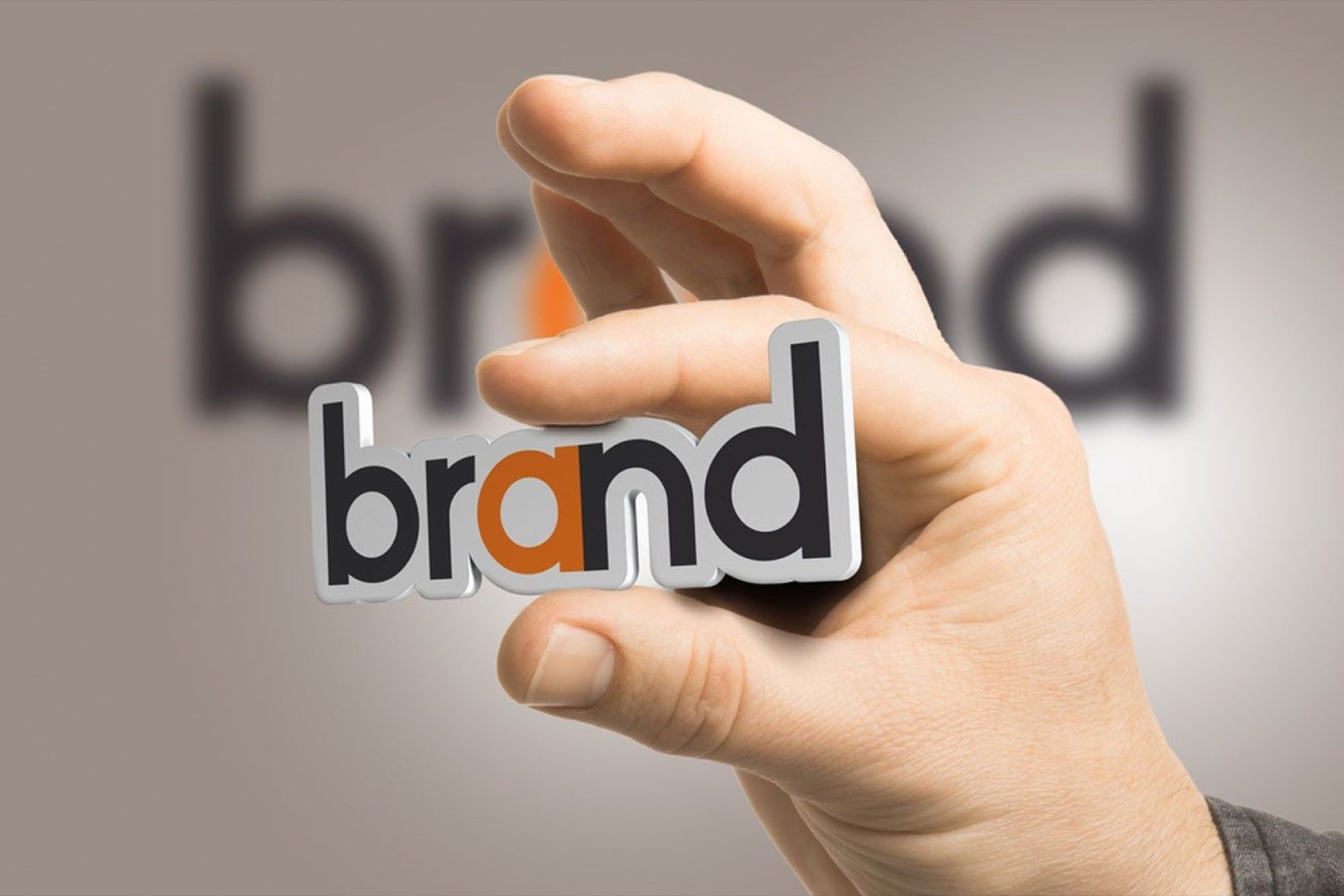Why Start-ups Need Branding Even today, branding is seen as a later stage luxury, a nice-to-have thing as against a must-have
Opinions expressed by Entrepreneur contributors are their own.
You're reading Entrepreneur India, an international franchise of Entrepreneur Media.

I meet a lot of entrepreneurs, starting out their ventures, saying it is still not the time for branding. Even today, branding is seen as a later stage luxury, a nice-to-have thing as against a must-have. And if they are in the B2B space, they see no point in it whatsoever.
Taking the Lead
Infosys, Apple, Google or Flipkart were all unknown companies when they started out. The only thing that distinguishing them from others was the zeal and vision which their founders carried.
They had to attract investors, good caliber partners and suppliers, employees and early customers. To do so, each time they portrayed their product through their words or action, they were creating a brand.
A brand is simply the perception of the sum total of all touch points – of a product, service or business. Thus, each meeting, personality of the promoters, kind of PowerPoint presentation he makes, quality and uniqueness of the product or the service offered, references cited – all these things give a perspective about the start-up.
What is a Brand?
Human brains have a filing system. It takes all fragmented associations about anything and everything – and "files' it together under a "tab'. This tab could be a logo, could be a sound or a smell – that trigger memories of all these fragmented associations. That is why a wafting smell can transport you to a particular time and place.
A logo is a powerful "tab' to which all associations of a brand start getting attached. The earlier a brand starts to create this bank of associations, the stronger it gets. A logo and/or a brand name is like a bar code. Each time our brain scans it – it unlocks all the facts, experiences and memories about that brand. A good logo is both distinctive and simple.
A good brand name should be unique and yet memorable. Nike's swoosh, Citibank's arc and Apple's apple are examples of simple yet distinctive logos. Pepperfy, Paperboat, Google are unique and memorable names.
It is important that a brand's identity should not simply be a category descriptor but a unique reference. So for everyRuPay and PayTM , there are other brands such as PayUMoney, PayZippy, PayZapp, TruPay and others.
In a sea of sameness of undifferentiated names, most of them are more category descriptors and only one or two will stick and the others will never register. Mobikwik and Citrus Pay are much more unique as brands.
Thus, branding ensures that all brand equity is not frittered away through fragmented memories – but starts to stick around as a unique, relevant and a strong brand identity that acts as a "barcode' to which meanings continually gets attached. This continual meaning creation builds a strong foundation for a brand and makes it more relevant. It is important to create this perception across all stakeholders.
It creates a greater belief in investors, who see a branded pitch as more professional. With a greater clarity about the market, it attracts better talent and partners, creates trust, affinity and preference and a greater belief in the future dream. Branding also helps you be the David to entrenched Goliaths – and can help get customers and gain marketshare faster.
5 Things to Remember while Building a Start-up Brand
1. I often ask entrepreneurs to answer a fundamental question about their business - "Why will someone buy your product/service". I am amazed that eight out of 10 start-ups cannot answer that question. Having an idea is not good enough, you need to define why it is relevant to your customers.
2. What differentiates you from others? What is the brand promise and your distinctive brand personality? Define the emotional reason for consumers to connect with your brand.
3. Create brand identity that is simple yet unique, invest in a logo that has the power to stick and signify the brand.
4. Create a brand culture that defines everything you do, and create an experience for your consumers.
5. Stay consistent. Building a brand is not simply knowing what to do but equally about what not to do.











